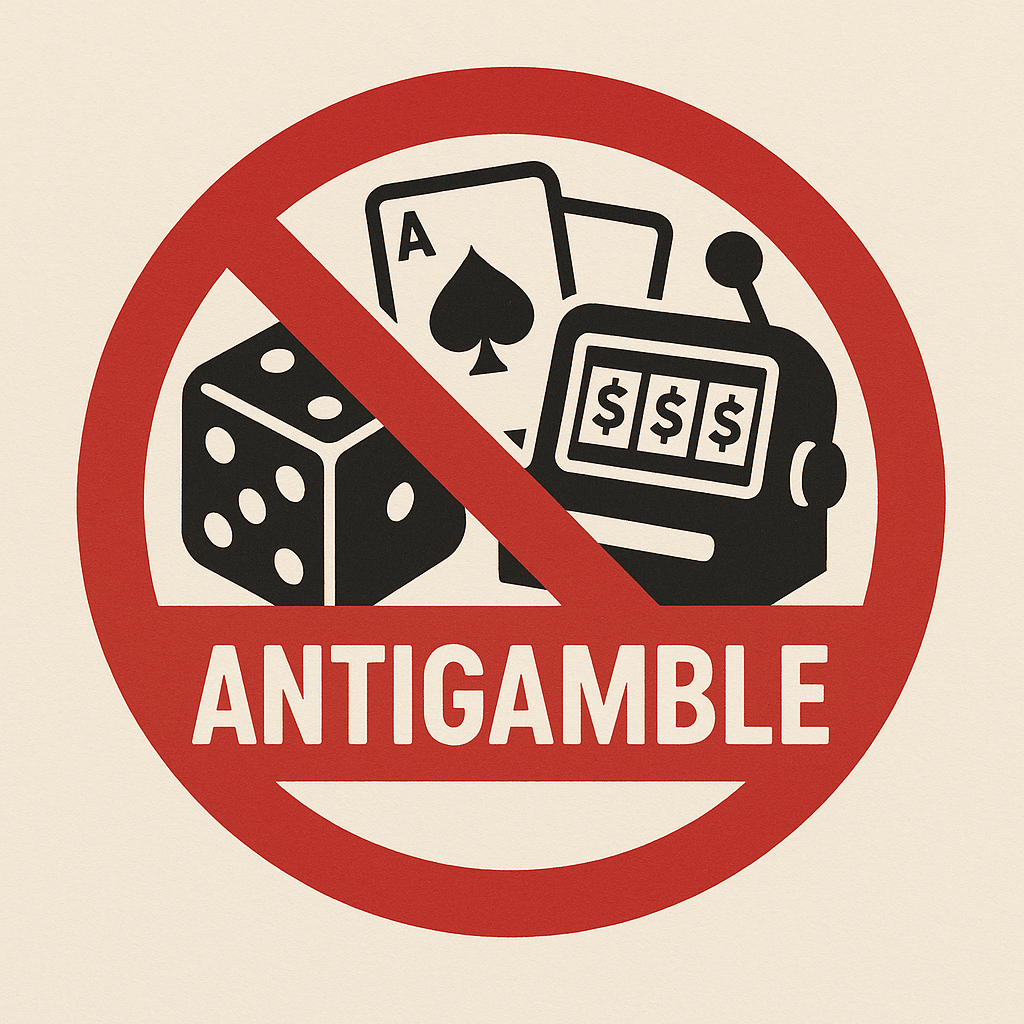💸 Think winning the Mega Millions jackpot is just a matter of time and luck?
Let's break it down — with real numbers. 📊
Many people believe that if they just keep playing, eventually they'll win the lottery. But the mathematics tells a very different story. Let's explore the real numbers behind Mega Millions and why winning is astronomically difficult.
🎯 The Odds of Winning Mega Millions
The odds of winning the Mega Millions Jackpot are:
1 in 302,575,350
That's an almost unimaginable number… so here's a way to picture it:
⏱️ Time Perspective
Let's convert this to time to make it more relatable:
- 60 seconds in a minute
- × 60 minutes in an hour = 3,600 seconds/hour
- × 24 hours/day = 86,400 seconds/day
- × 365 days/year = 31,536,000 seconds/year
Now take:
302,575,350 seconds ÷ 31,536,000 seconds/year ≈ 9.59 years
🎯 So hitting the jackpot is like picking the exact second someone is thinking of over the course of nearly 10 years — and each attempt costs you $5.
💰 The Cost of Playing Every Possibility
What if you tried to buy every possible combination?
Total combinations: 302,575,350
Cost per ticket: $5
Total cost to buy all combinations:
302,575,350 × $5 = $1,512,876,750
That's over $1.5 billion just to guarantee a win! And even then, you'd likely have to split the jackpot with other winners (and pay taxes... and tax the lump sum which is dramatically smaller).
Daily Cost Perspective
It would take $432,000 to guess every second in one day in those ~9.59 years.
And that just improves your odds to 1 in ~3,500...
📈 Investment vs. Lottery: The Real Comparison
What if you invested your lottery money instead?
Scenario: $10 per week on Mega Millions (1 ticket every drawing)
If you invested this money for 10 years at 8% annual return:
Weekly investment: $10
Annual investment: $520
Return rate: 8% annually
After 10 years: ~$8,000
If you never contributed again, after 20 more years that'd be ~$40,000.
Just from investing the Mega Millions money that will never win a jackpot.
🔢 Detailed Mathematical Analysis
Mega Millions Probability Breakdown
Prize Tiers and Odds:
- Jackpot: 1 in 302,575,350
- Second Prize: 1 in 12,607,306
- Third Prize: 1 in 931,001
- Fourth Prize: 1 in 38,792
- Fifth Prize: 1 in 14,547
- Sixth Prize: 1 in 606
- Seventh Prize: 1 in 693
- Eighth Prize: 1 in 89
- Ninth Prize: 1 in 37
Expected Value Calculation
Even with a $100 million jackpot, the expected value of a $5 ticket is negative:
Expected Value = (Probability of Jackpot × Jackpot Value) + (Other Prizes) - Ticket Cost
EV = (1/302,575,350 × $100,000,000) + (Other Prizes) - $5
EV ≈ $0.33 + $0.15 - $5 = -$4.52
🎲 The Gambler's Fallacy and Independence
Why Previous Draws Don't Matter
Each lottery draw is completely independent. This means:
- If a number hasn't been drawn in 100 draws, it's not "due" to come up
- If a number was drawn last week, it has the same probability this week
- Your odds don't improve the longer you play
Mathematical Proof
For independent events, P(A and B) = P(A) × P(B)
So playing 10 times gives you:
P(winning at least once) = 1 - P(losing all 10 times)
P(winning at least once) = 1 - (302,575,349/302,575,350)¹⁰
P(winning at least once) ≈ 1 - 0.999999997 = 0.000000003
That's still essentially zero!
📊 Statistical Perspective
Comparing Lottery Odds to Other Events
Probability Comparison:
- Being struck by lightning: 1 in 15,300
- Dying in a car accident: 1 in 103
- Being killed by a vending machine: 1 in 112,000,000
- Winning Mega Millions jackpot: 1 in 302,575,350
You're more likely to be killed by a vending machine than win the Mega Millions jackpot!
💡 The Bottom Line
Why the Lottery is a Poor Investment
- Negative Expected Value: Every ticket you buy loses money on average
- No Skill Involved: It's pure chance, not a game of skill
- Regressive Tax: Poorer people spend a higher percentage of their income
- Better Alternatives: Investing, saving, or even other forms of entertainment
Final Calculation
If you spend $10/week on lottery tickets for 30 years:
Total spent: $15,600
Expected return: ~$1,000 (mostly small prizes)
Net loss: ~$14,600
If invested at 8%: ~$200,000
Related Resources
Explore more educational content about gambling awareness and mathematics.
Law of Large Numbers Simulator
Demonstrate how house edges guarantee long-term losses in real casino games.
Try ItLaw of Large Numbers Explanation
Learn about the mathematical principle that explains why gamblers eventually lose.
Read MorePowerBall Simulator
Experience realistic lottery odds in our educational PowerBall simulator.
Play NowGambling Awareness Resources
Find help resources and support for gambling addiction by country.
Find Help